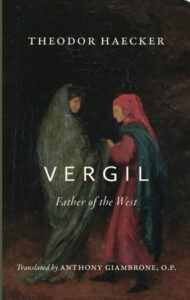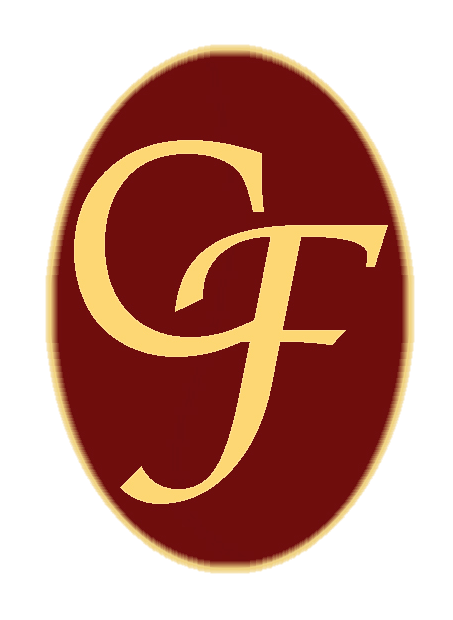November 1940: A Distant Mirror
In the years leading up to the Nazi era, Theodor Haecker published his “Vergil: Father of the West.” In the introduction to his translation of the book, Anthony Giambrone, O.P. provided the historical backdrop, one that seems all too familiar at this moment. Giambrore writes:
“Allowing that the causes of the present distress were manifold and complex, [Theodor Haecker] did not shrink from blaming the Nazi plague in a non-negligible way on bad secondary education. The whole gang of clownish thugs brutishly plundering the museums of the world, erecting a simulacrum of culture, and basking in an elegant and self-flattering pseudo-sophistication, were on the whole below-average students, who had humiliatingly failed in the humanistic gymnasium (or art school, as the case may be). And so: ‘They are taking frightful revenge and with poisonous ressentiment for the drudgeries and inferiority complexes that too high and incomprehensible an ideal of culture had burdened them with’ (November 11, 1940). Seen from this vantage point, Haecker’s fervent attempt to reinsert a right reading of Vergil into the national curriculum is a sort of call to social-through-educational reform. It is an attempt to forestall a culture’s rapid collapse into barbarism by means of a reschooling in letters. It is an effort to undo an ignorant and violent, oedipal society’s policy of cultural patricide with a basic primer in intellectual pietas: a memory lesson aimed at the veneration of our civilization’s poetic forefather.” [Anthony Giambrone, O.P., Vergil, Father of the West, (Providence, Rhode Island, Cluny, 2022), xxvii-xxviii.]



